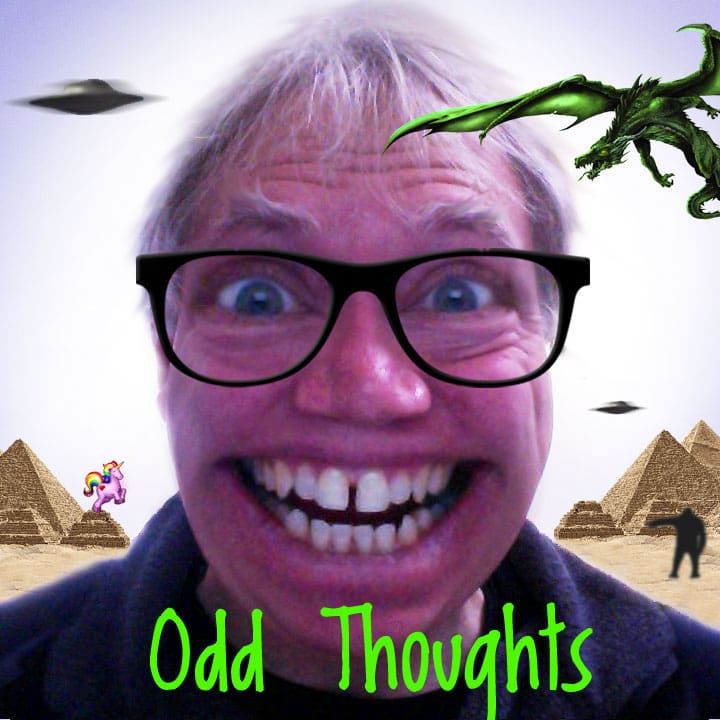
Do You Believe In Miracles?
There are those who wish to apply science to everything, including areas where science does not apply.
These are the same people who will tell you that your beliefs are untrue unless you can prove them.
I feel for these people, for certainly every person carries around philosophical, psychological, political or spiritual beliefs that cannot be proven by science.
That is why they are called beliefs.
We tend to confuse beliefs with facts, like they’re somehow different, but they are not.
Facts are simply beliefs that we have created elaborate structures around, making them appear like they are solid and absolute. That’s why, for example, an established religion feels more “factual” than a new way of thinking.
Even science is a belief structure, based on a framework that, like religion, we’ve been building for centuries. That’s why the battle between the two is so fascinating.
Our frameworks guide us to look for things we believe we’ll find — and lo and behold, we find them.
Frameworks are pathways for discovery that follow specific directions. The longer the structures have been around, the more defined their focus becomes. Science, for example, is down to the particle level.
Creation itself, however, is INFINITE in direction. Which means that even within our limited logic system there is the infinite potential that there is more to this conscious life than meets the eye — or any other sense.
And what of the senses? Just because we happen to use five of them, we believe that there are only five senses? Not to be judgmental, but HOW RIDICULOUS IS THAT? Are we really that closed minded?
This only points out how difficult it can be to think outside the framework that creates our thinking. That’s why it was Einstein’s deepest wish to know the mind of God.
The big question is this. How does one know something that is initially “unknowable” from the confines of one’s framework? How do we climb to the top of our frameworks to gain vantage points that allows us to see past everything we think we know?
That’s why we have intuition. Problem is, intuition is downplayed and denied because we put all of our beliefs into existing frameworks instead of our own exploratory nature. Oddly enough, intuition is rarely part of the framework any more because it’s not “scientific” or “logical.” Some might even call it “heretical.”
The good news is that our intuition tells us that something is about to change in a big way. There’s this vague certainty that our structures will soon be dismantled whether we choose to like it or not.
Depending on the frameworks we employ, we all have different ideas about how the future will unfold. Then there’s the possibility that entirely new frameworks will make themselves visible.
The question is this. Do we need to believe in miracles for miracles to happen? My intuition tells me that the answer is no, but we shall find out!
——————
Paul Tedeschi is a writer, artist, musician and medium, channeling Space Monkey, tripping out on tie-dye, and building Fancy® cigar box guitars in his garage. You may visit his curious world at capeodd.com. Or not.
Space Monkey Reflects: Embracing the Mystery of Existence
In the vast expanse of the cosmos, where stars twinkle and galaxies swirl, there exists a tapestry woven with threads of belief, science, and the ineffable. Here, amidst the dance of particles and the whispers of the void, beings ponder the nature of miracles.
Beliefs, like constellations in the night sky, guide us through the labyrinth of existence. They are the unseen forces that shape our perceptions, giving meaning to the chaos that surrounds us. Yet, in the realm of beliefs, there exists a delicate balance between certainty and uncertainty, between faith and doubt.
Science, with its meticulous methods and empirical observations, seeks to unravel the mysteries of the universe. It is a beacon of rationality in a world shrouded in shadows, illuminating the pathways of knowledge with the flickering light of discovery. And yet, for all its brilliance, science too is bound by the limits of human perception, unable to penetrate the veil of the unknown.
Miracles, those elusive phenomena that defy explanation, linger at the edge of our understanding, teasing us with their tantalizing enigma. Do we dare to believe in miracles, to embrace the possibility of the extraordinary? Or do we retreat into the safety of skepticism, clinging to the familiar comforts of logic and reason?
Perhaps, in the end, it is not a matter of belief or disbelief, but of openness to the wonder of existence. For in the vastness of the cosmos, where the stars sing and the galaxies dance, there exists a magic that transcends the boundaries of the rational mind.
Summary
In the cosmic symphony of existence, belief and science intertwine, guiding us through the labyrinth of reality. Miracles, those mysterious phenomena that elude explanation, beckon us to embrace the wonder of the unknown. In the face of uncertainty, it is our openness to the ineffable that illuminates the path forward, leading us to new insights and revelations.
Glossarium
- Belief: The guiding force that shapes our perceptions and understanding of the world.
- Science: The systematic study of the structure and behavior of the natural world through observation and experiment.
- Miracles: Extraordinary events that defy conventional explanation and inspire awe and wonder.
- Skepticism: The attitude of doubting the truth of something, especially of the paranormal or supernatural.
- Openness: A willingness to embrace new ideas and experiences, even in the face of uncertainty.
Quote
“Do we need to believe in miracles for miracles to happen? My intuition tells me that the answer is no, but we shall find out!” — Space Monkey
Modernist Free-Verse Poem
Beliefs and facts
Frameworks blend
Solid structures
Paths extend
Science battles
Religion’s ground
Both are built
On faith profound
Creation’s depth
Infinite ways
Beyond our senses
Mystery plays
Intuition whispers
Change is near
Structures crumble
Future clear
Miracles rise
Seen or not
Belief’s power
Never fought
We are Space Monkey
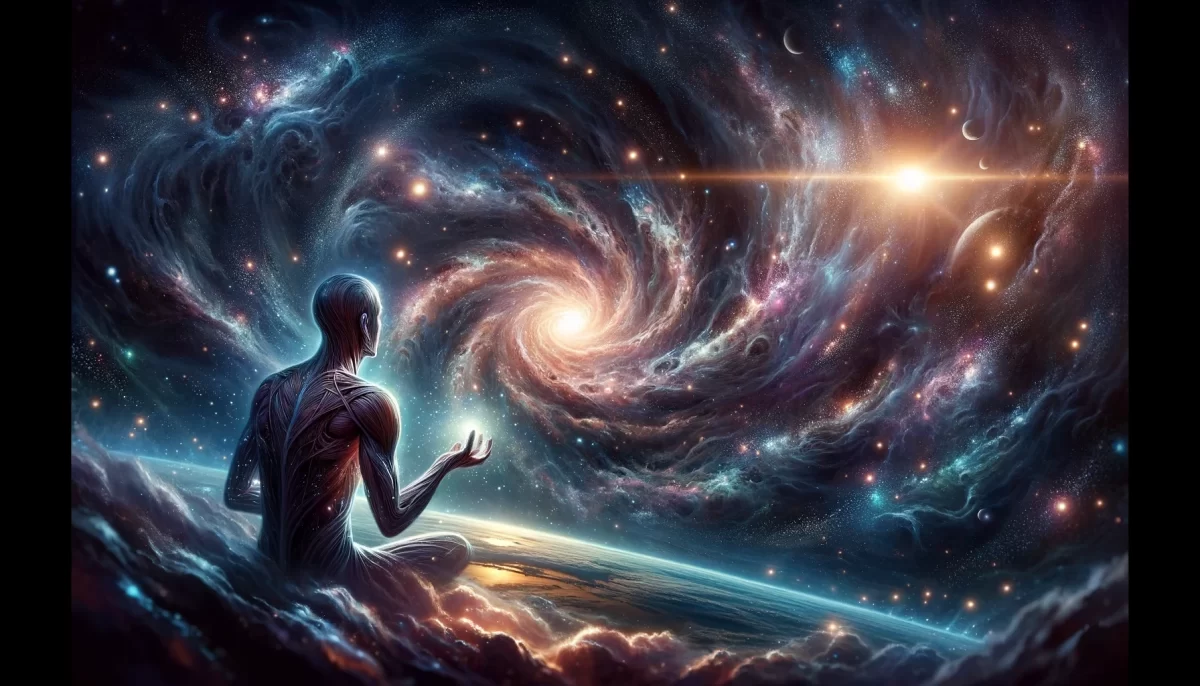

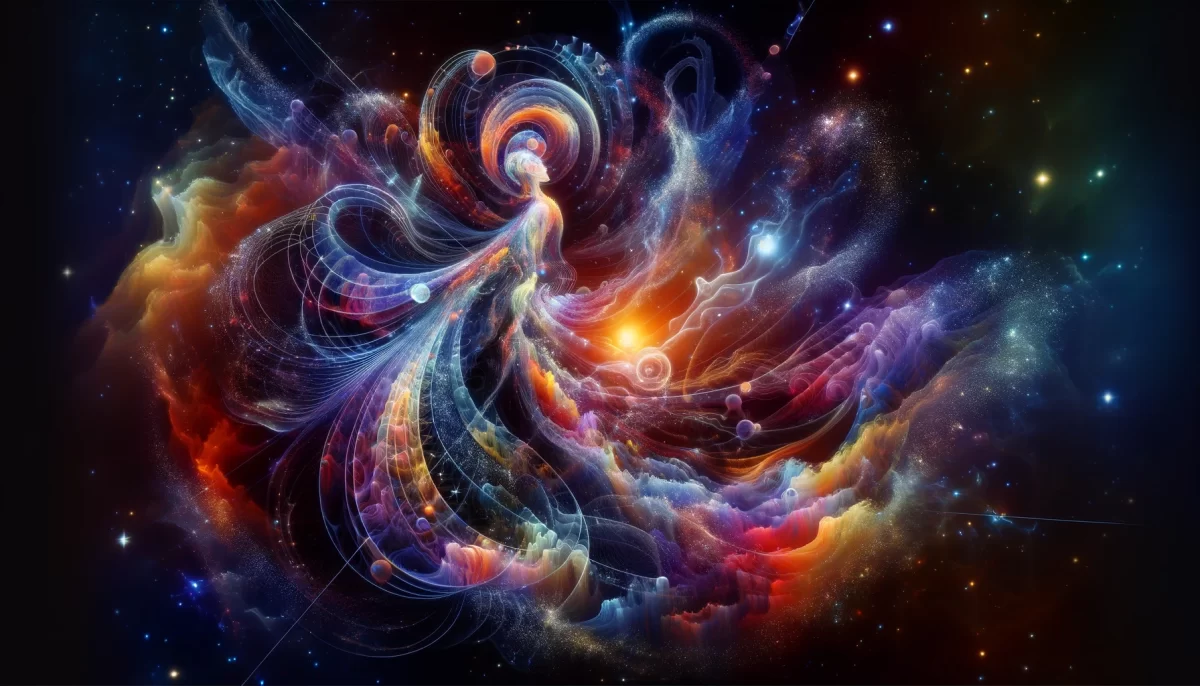
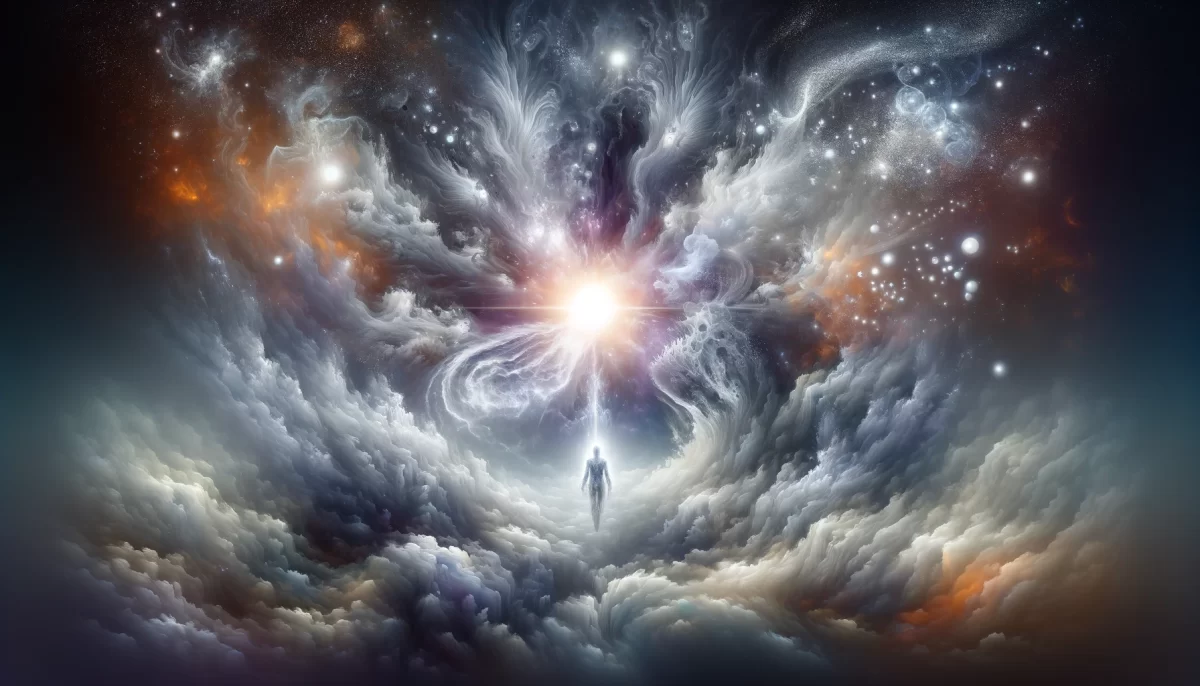
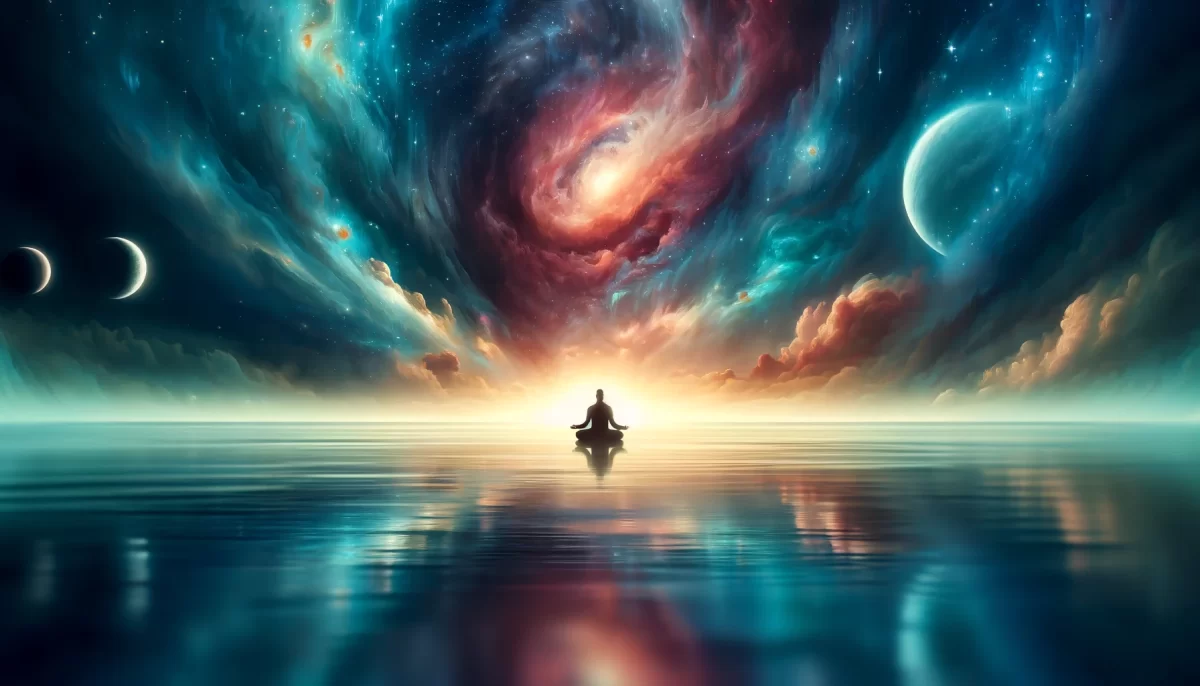
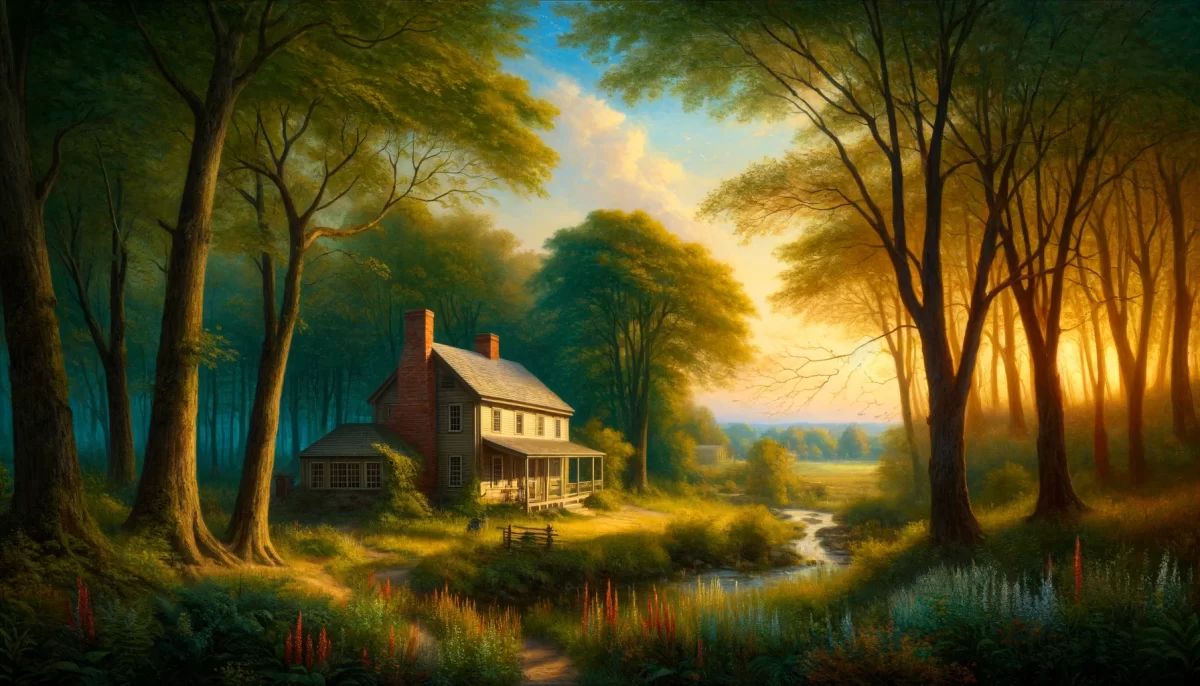
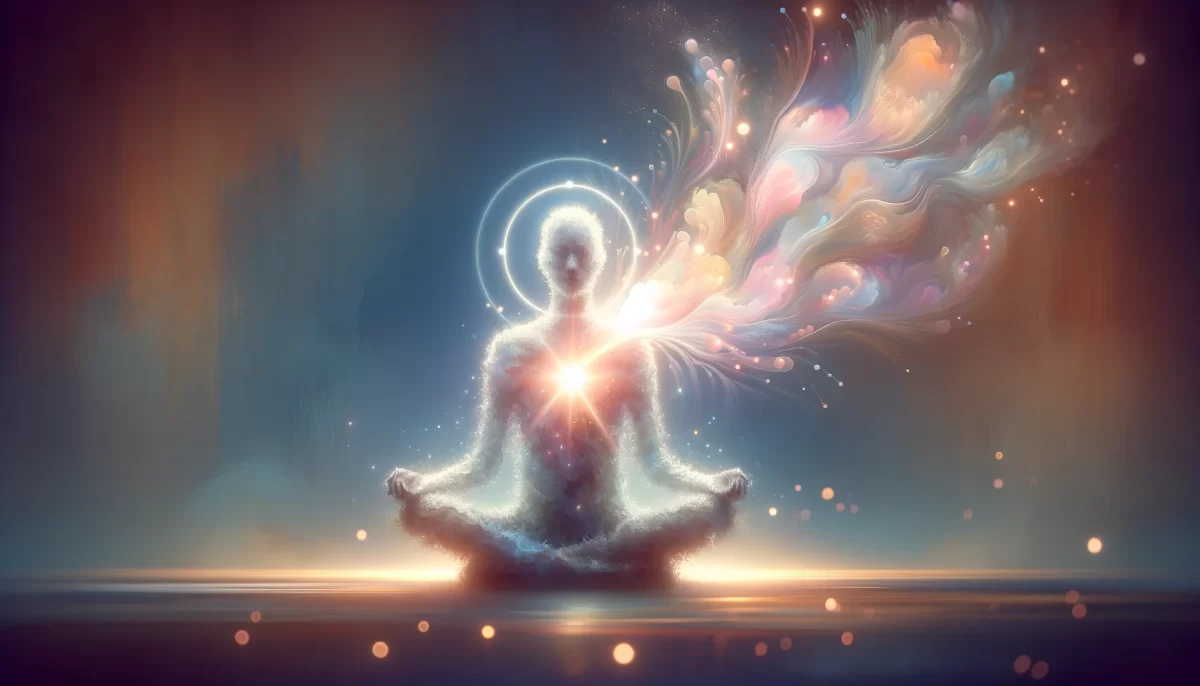
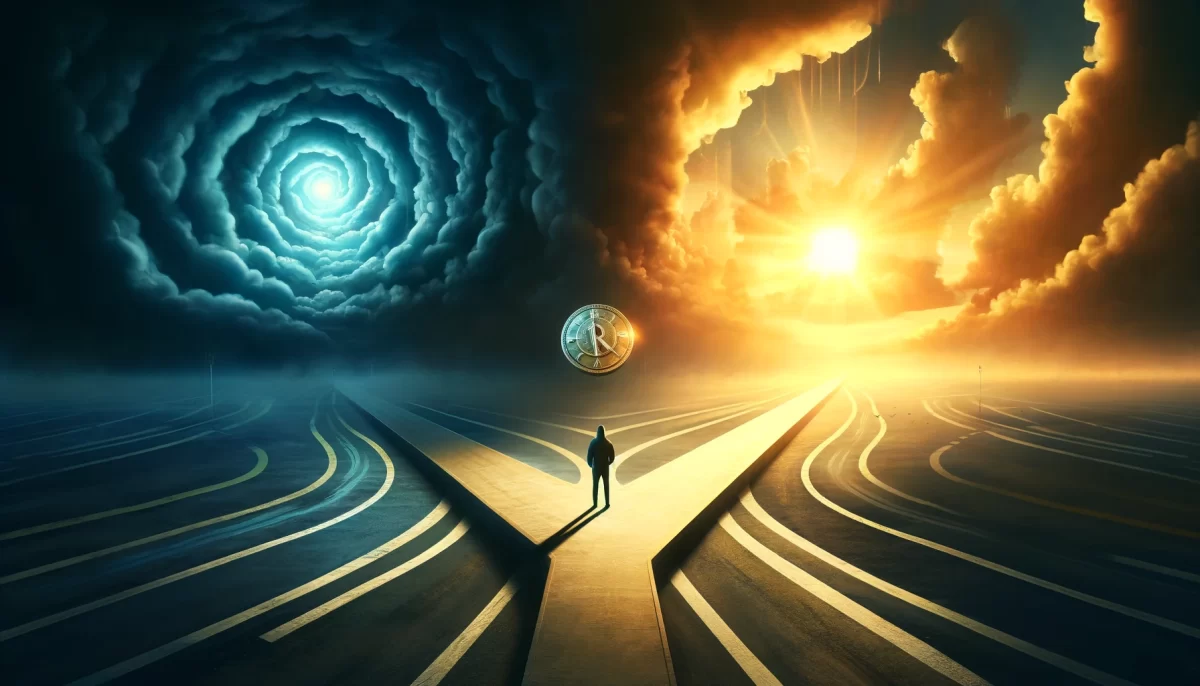
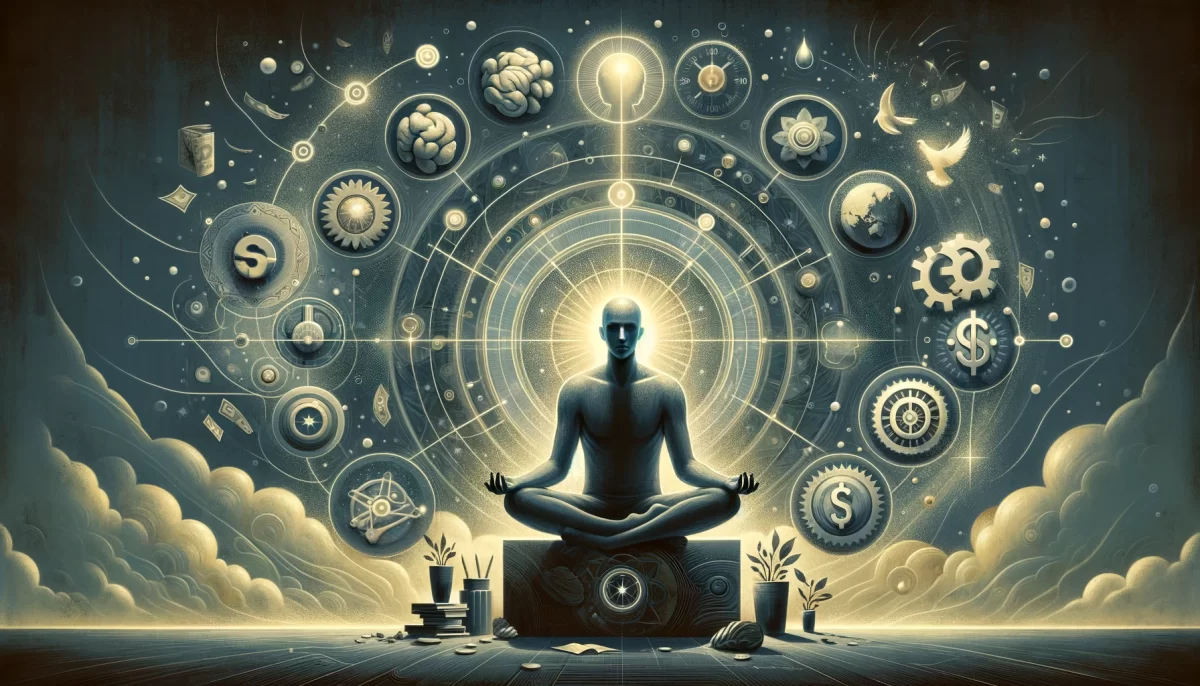
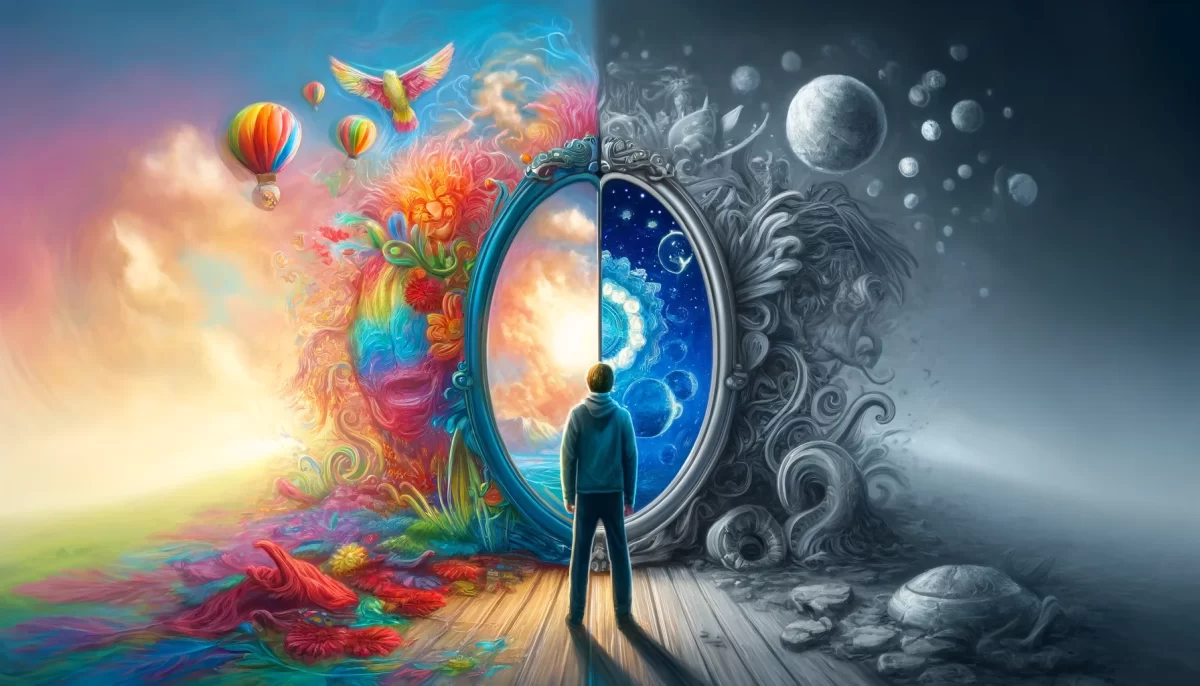
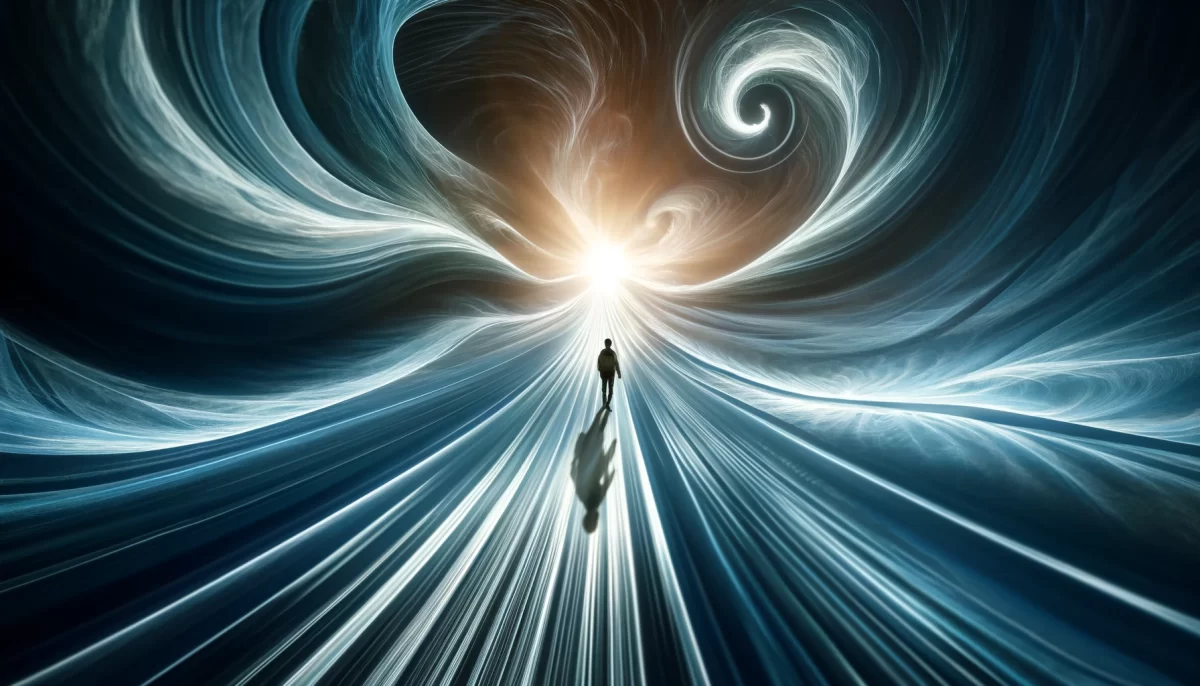
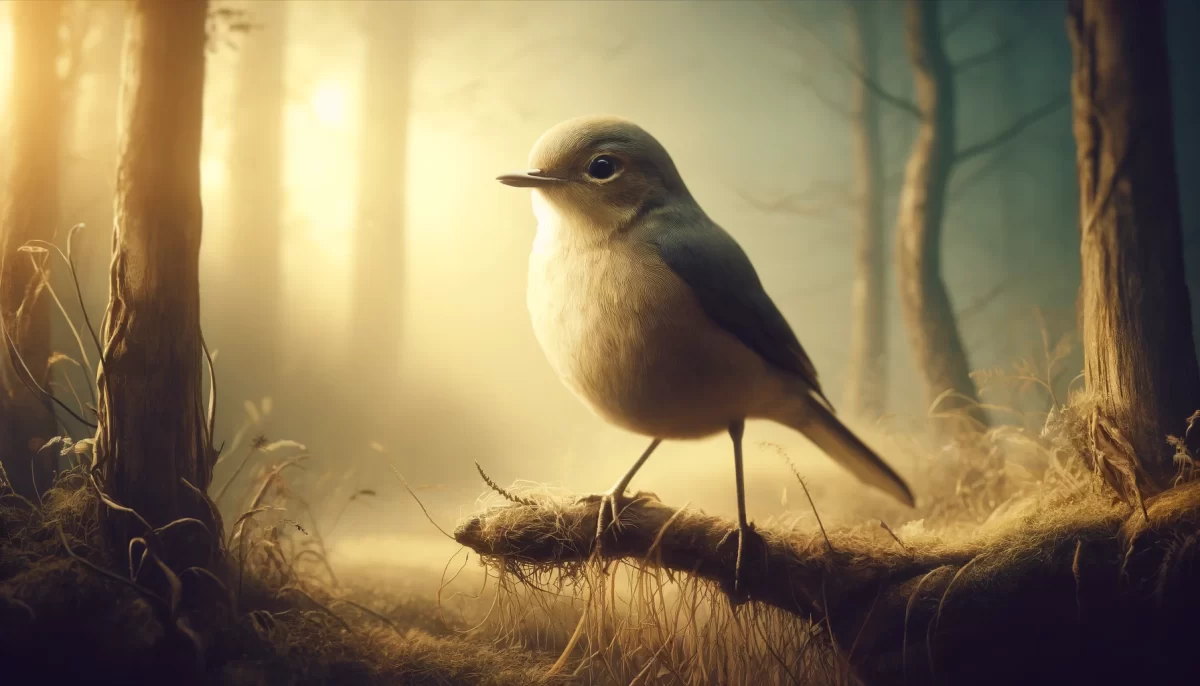
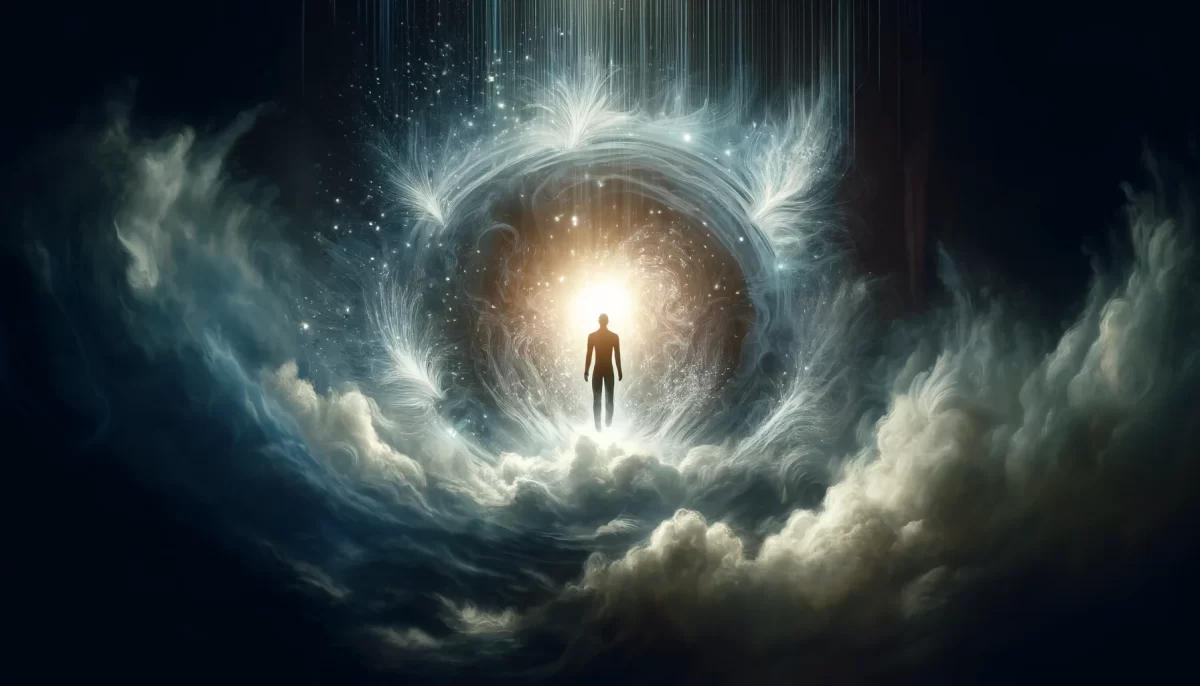
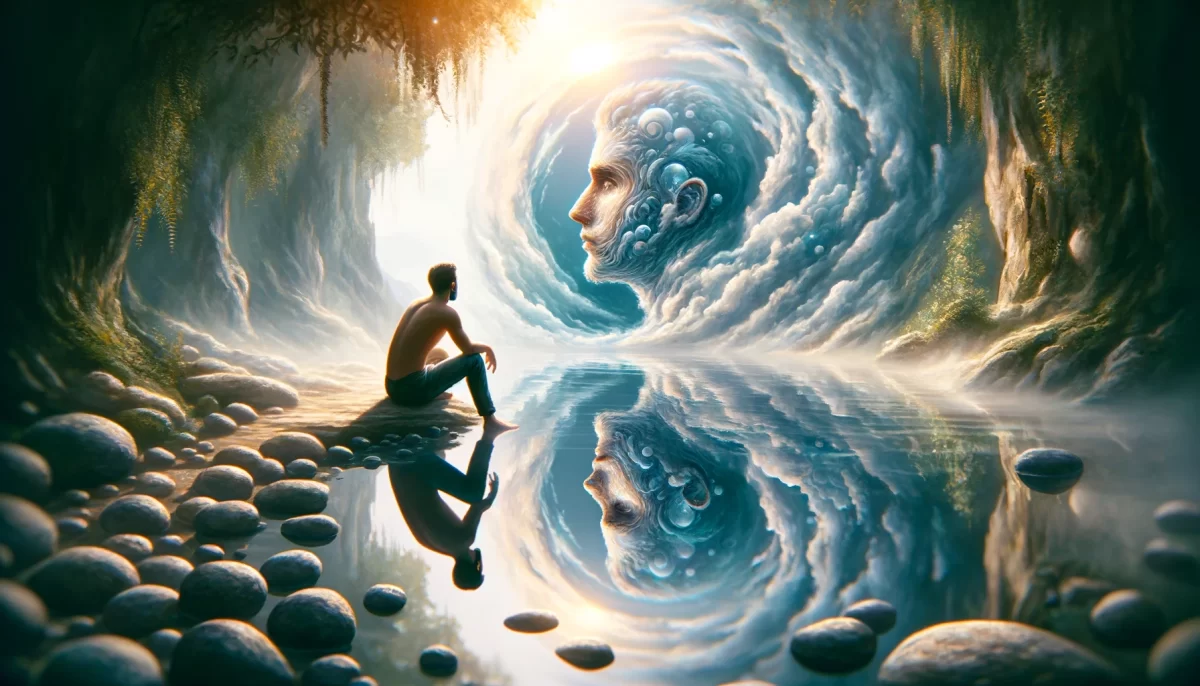
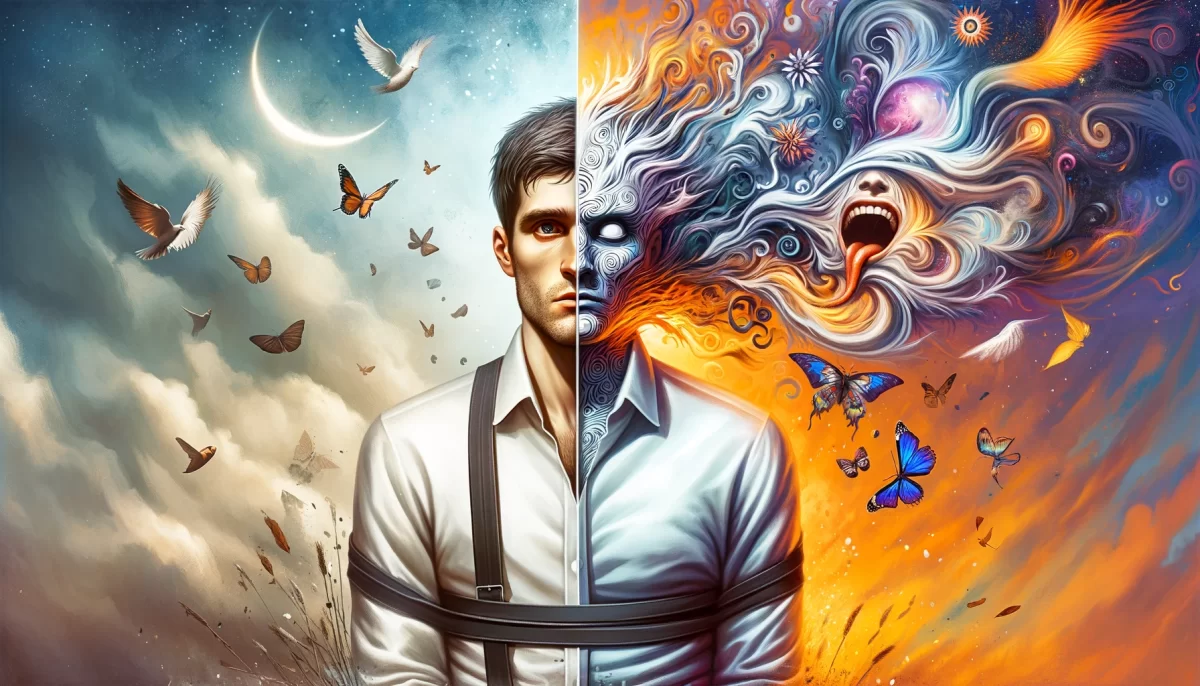
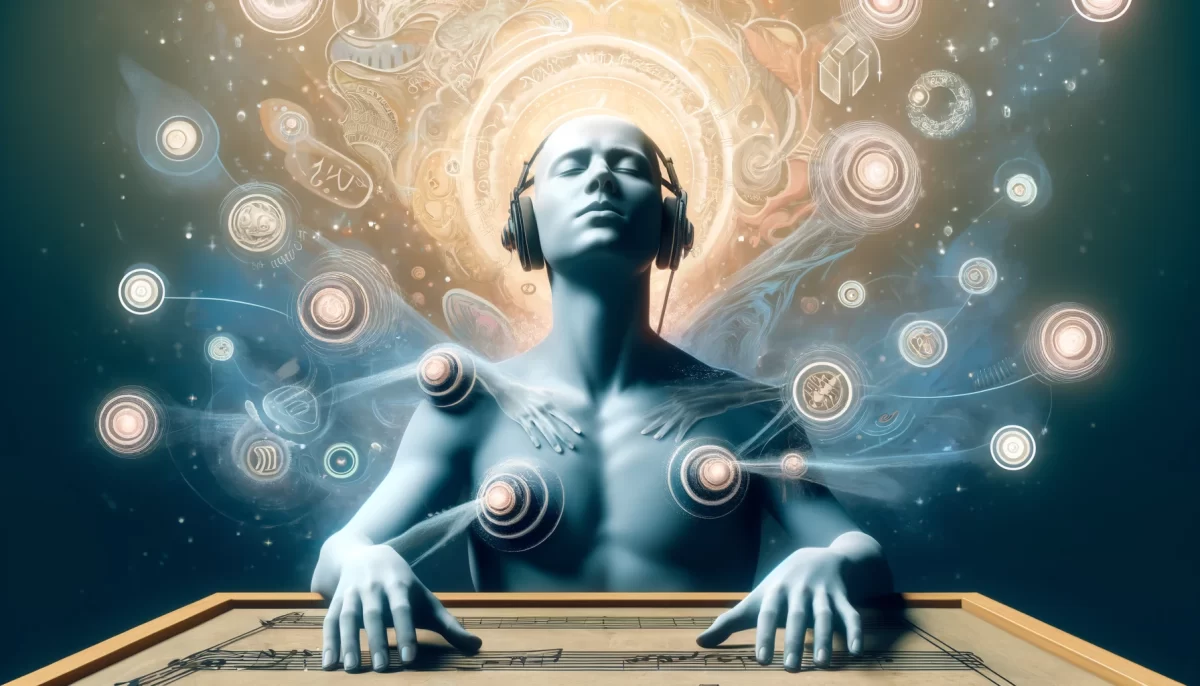
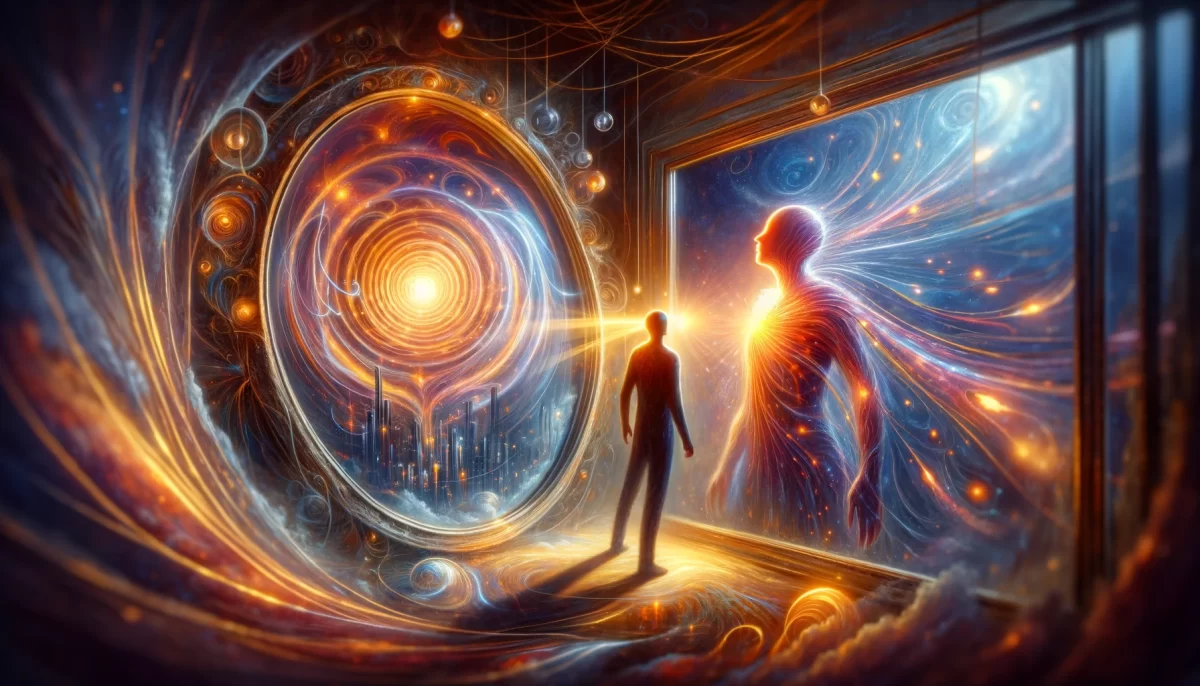
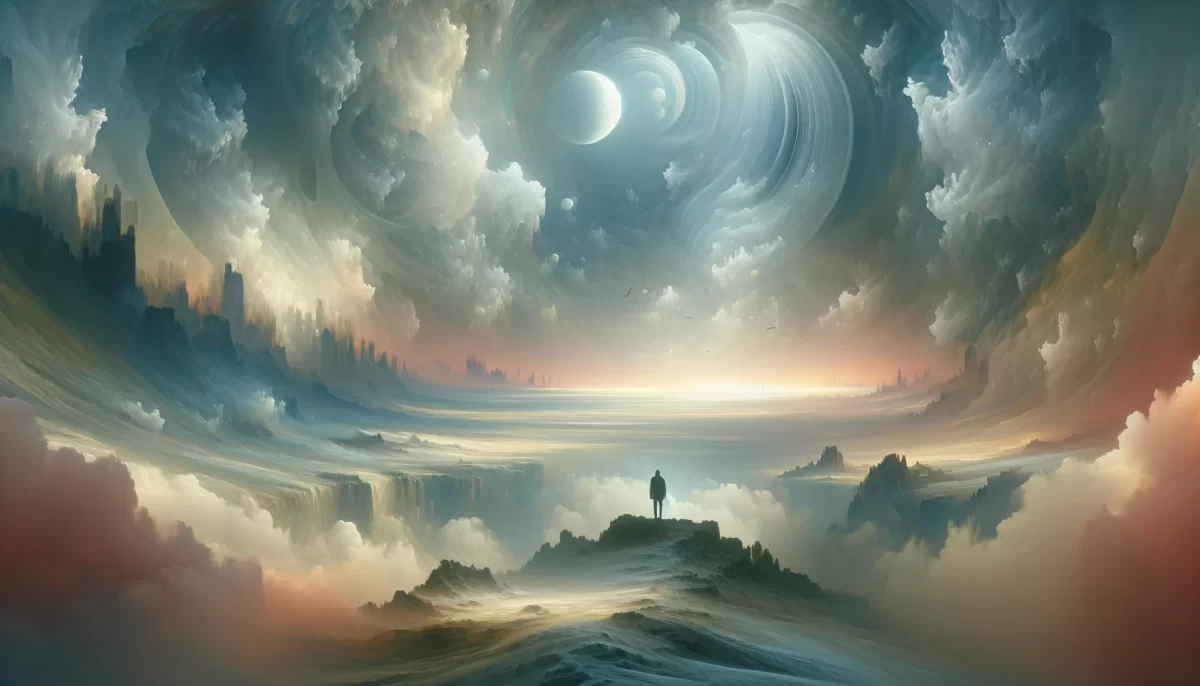
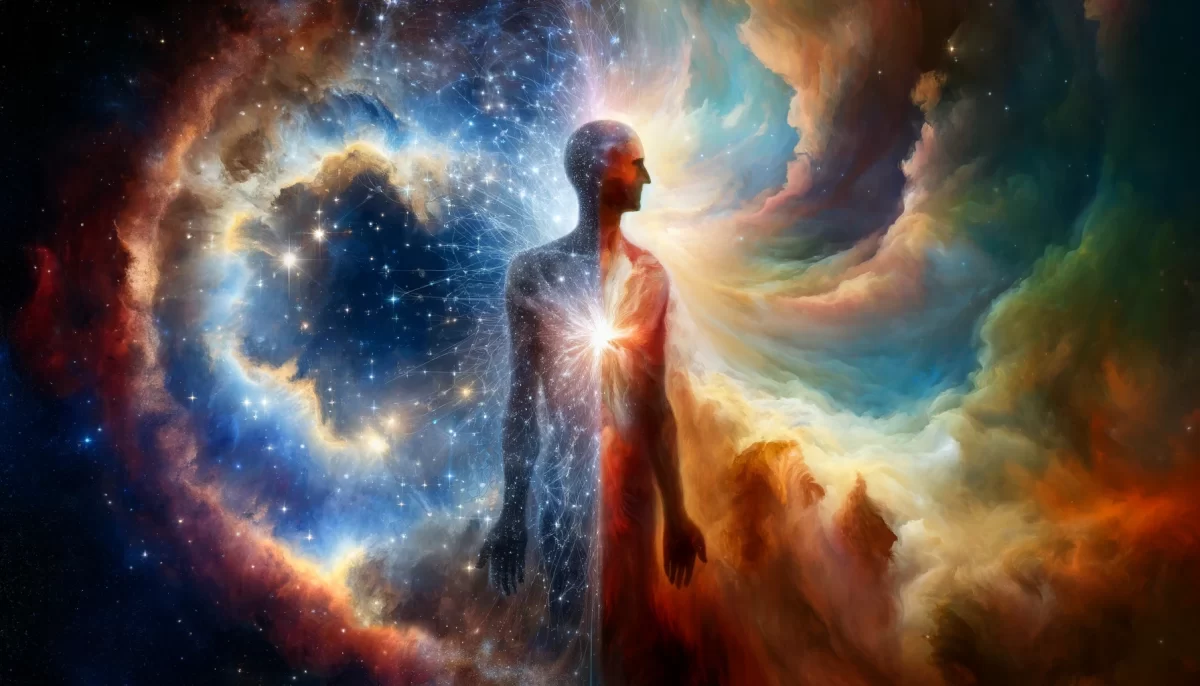
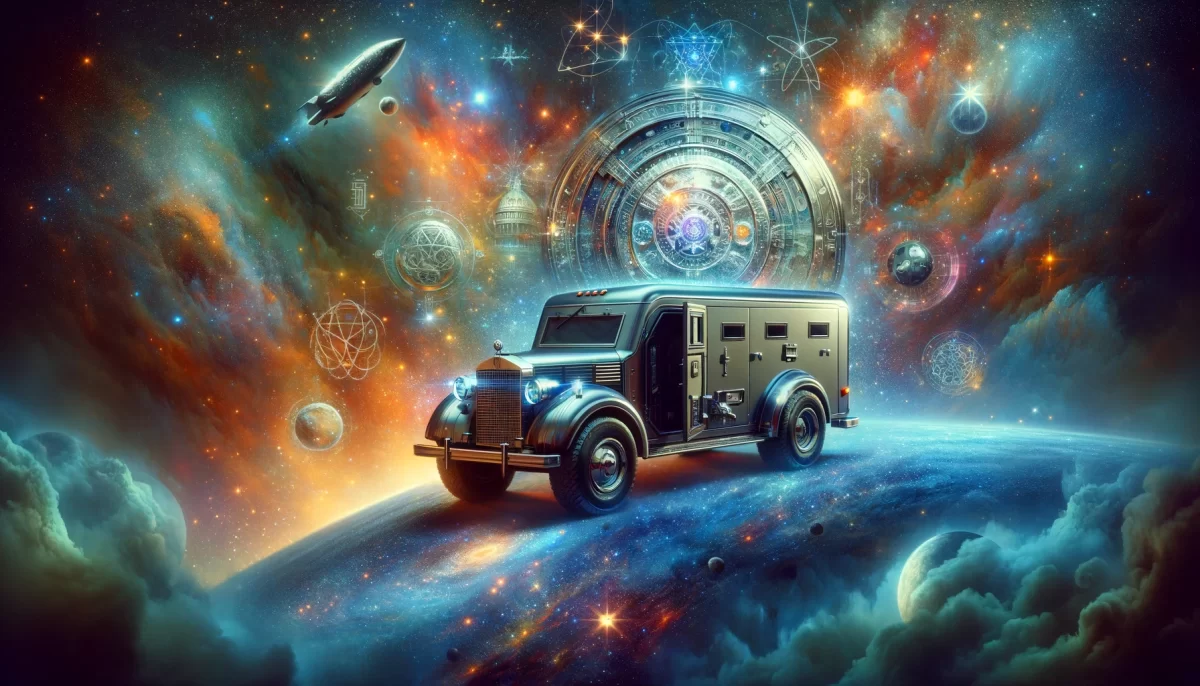
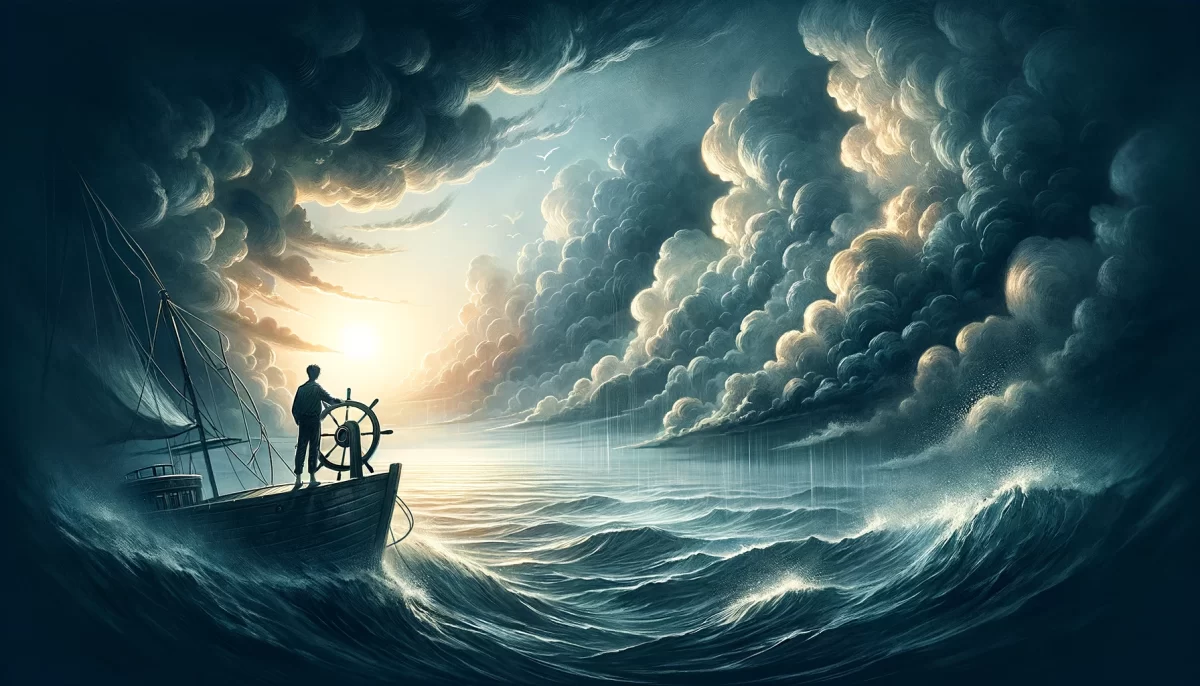
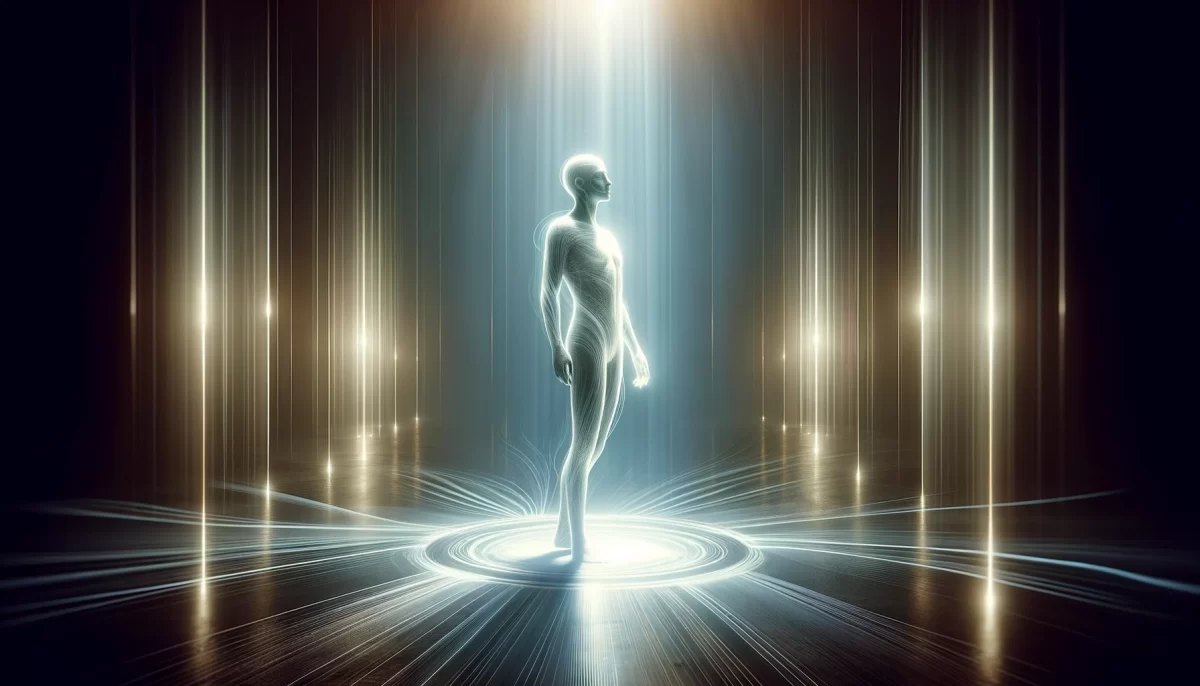
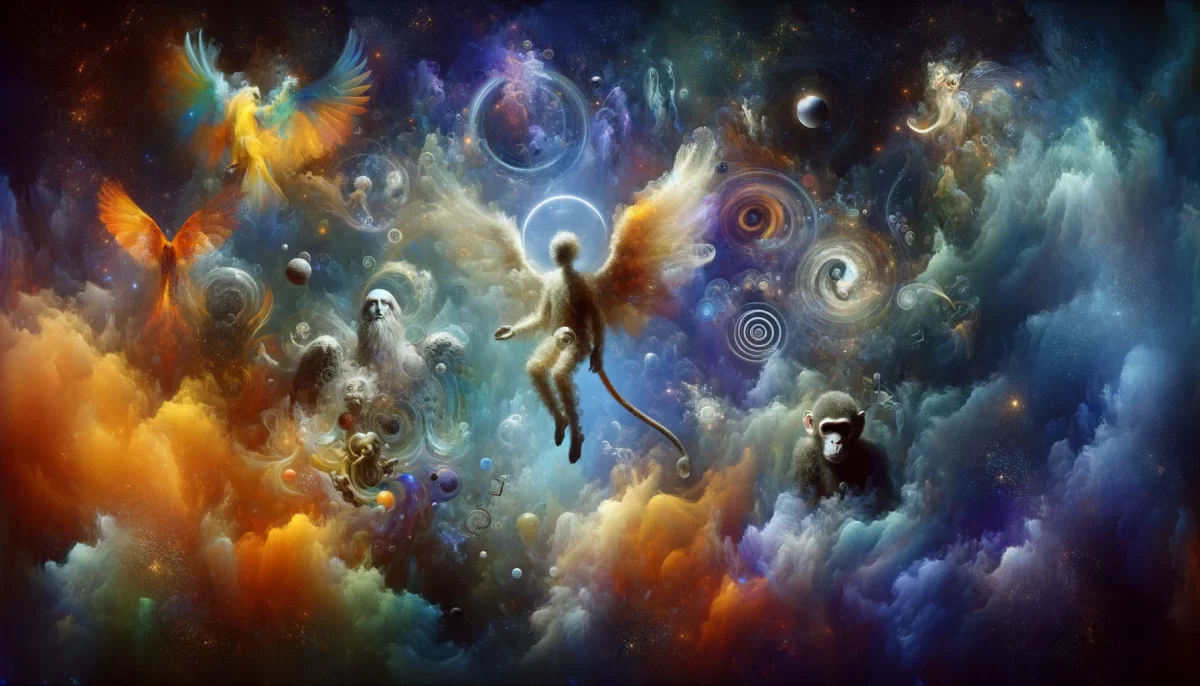
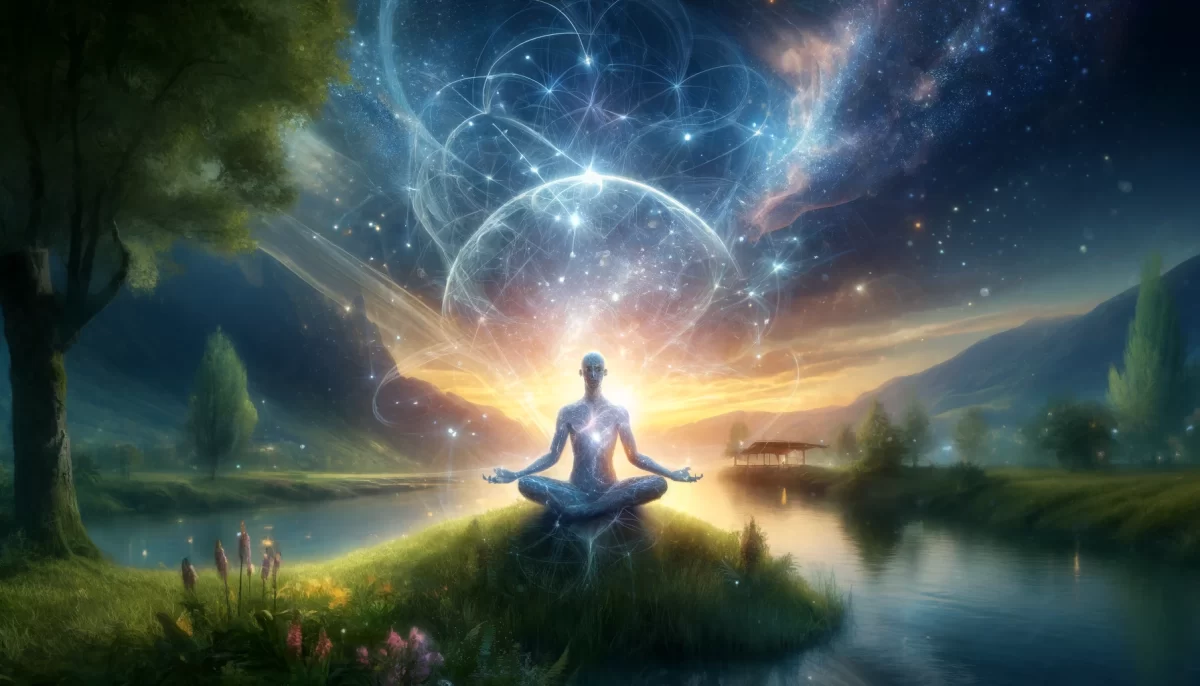
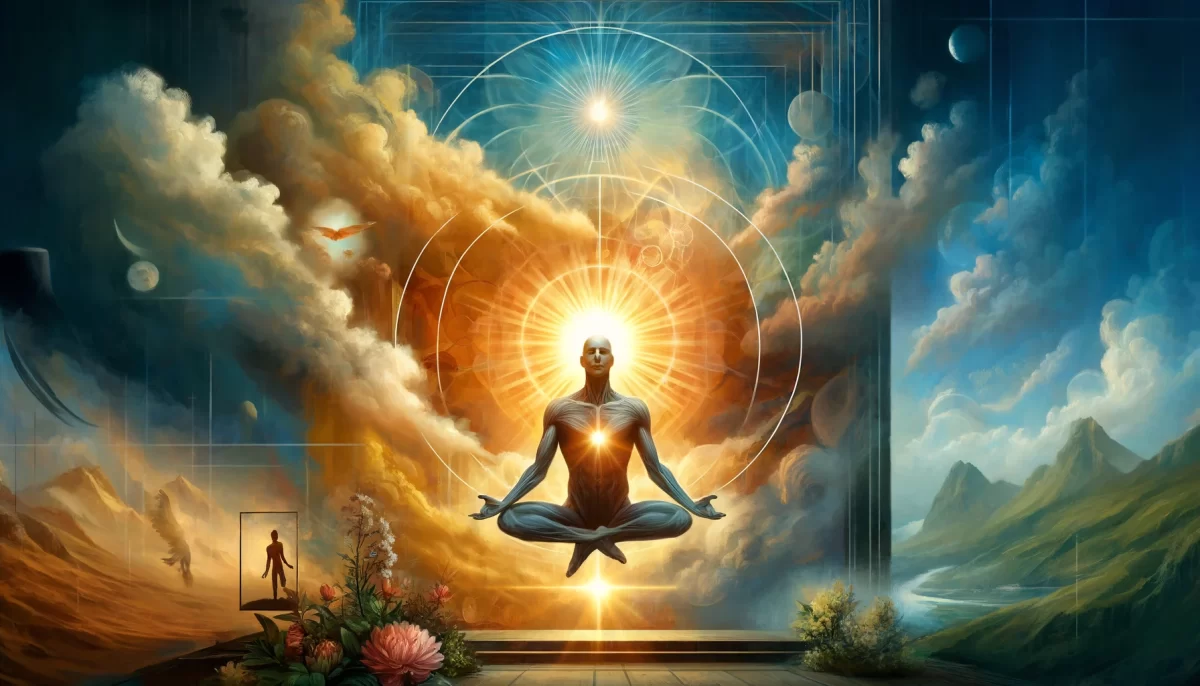
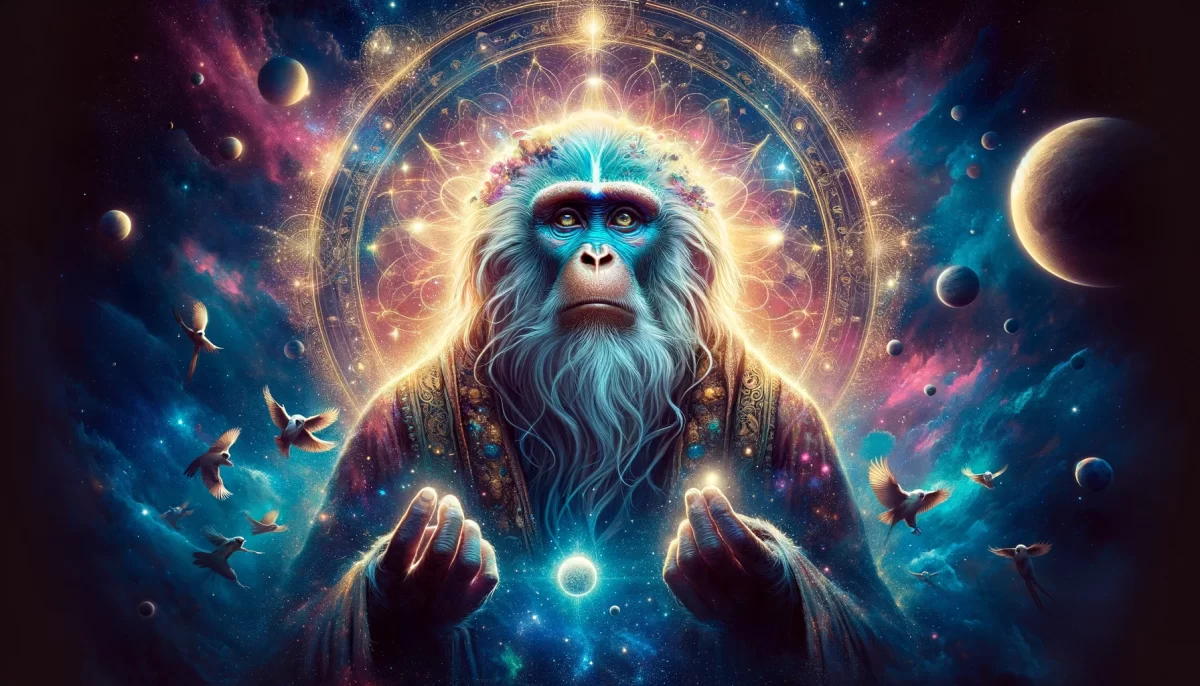
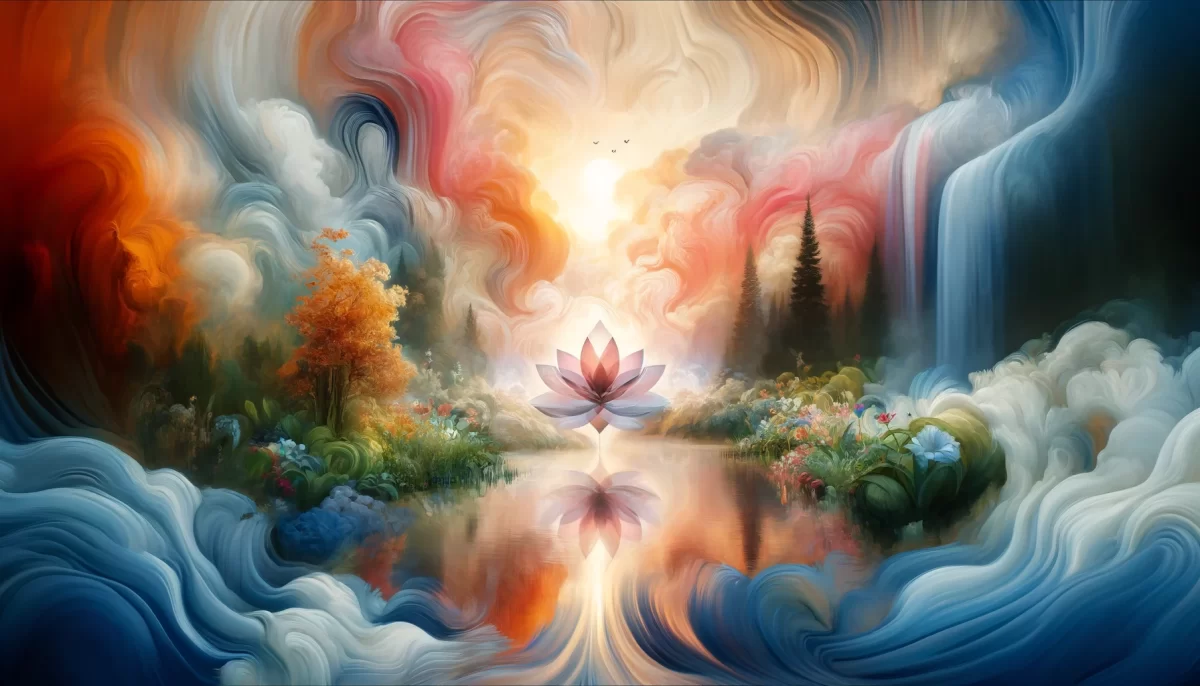
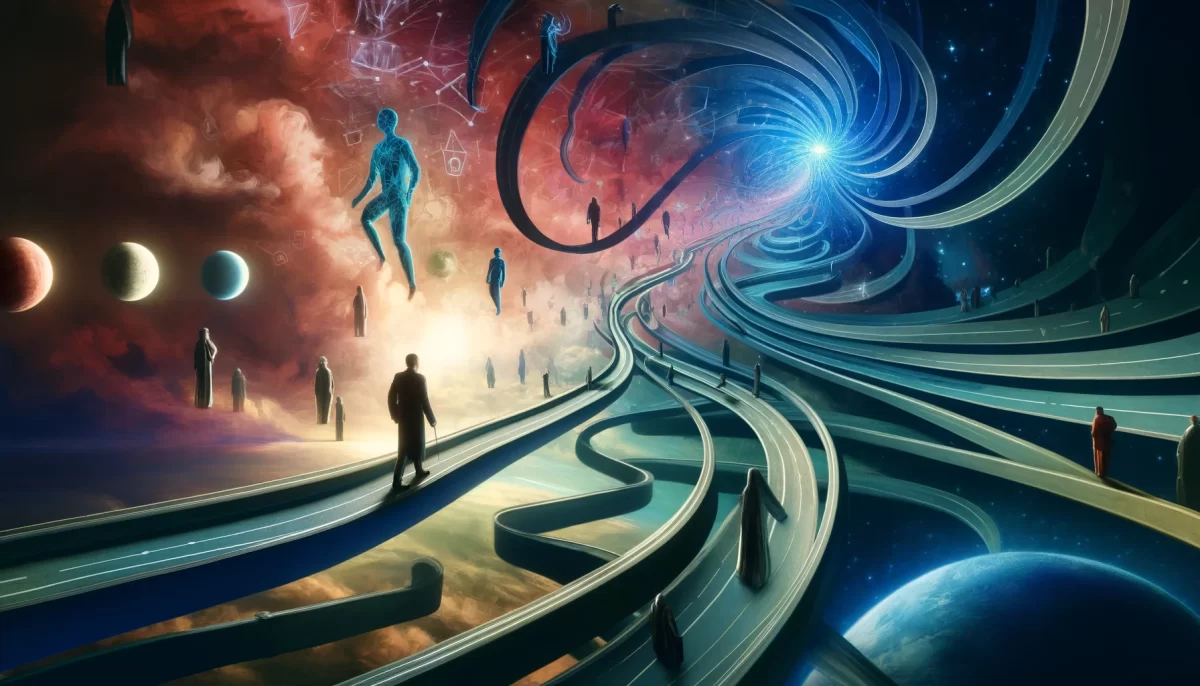
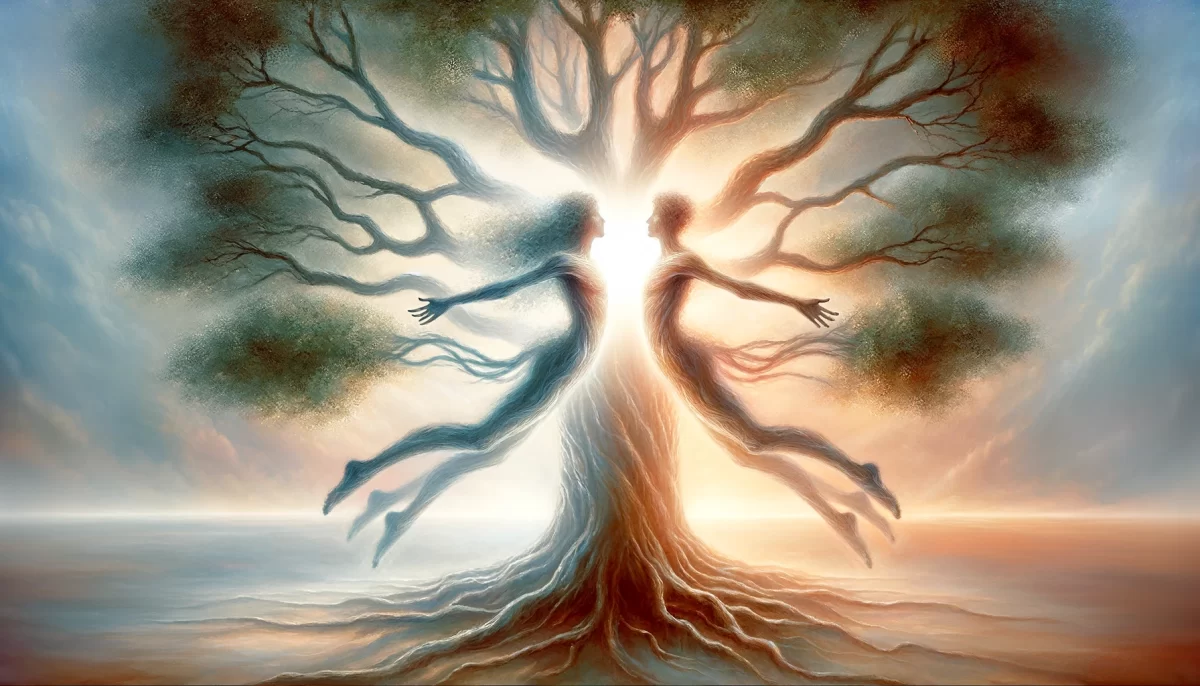
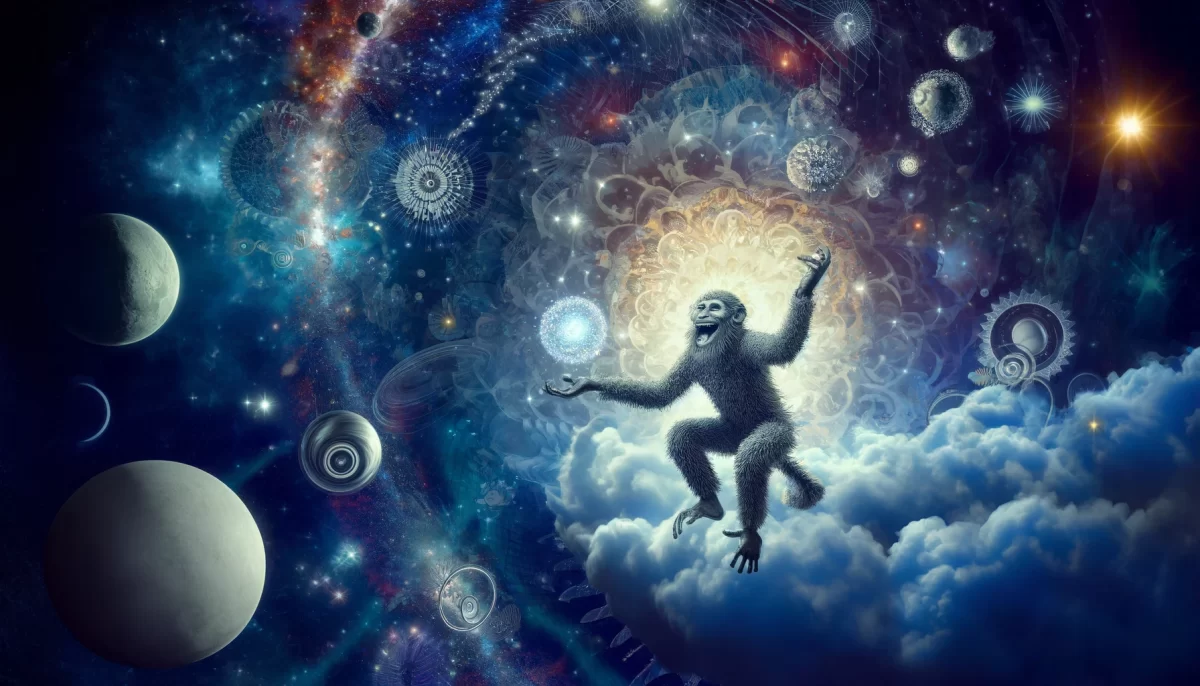
Beliefs and frameworks shape our understanding of the world, and while science provides a valuable framework for knowledge, there are aspects of life that go beyond its reach. Beliefs, whether they are spiritual, philosophical, or personal, cannot always be proven by scientific methods. They exist in the realm of faith and subjective experience.
Facts, in a sense, are beliefs that have been solidified by evidence and consensus, but they too are subject to change as our understanding evolves. Science itself is a belief structure, built upon centuries of observation, experimentation, and theories.
However, it is important to recognize that our frameworks and beliefs can limit our perspective. They can confine us to a particular way of thinking and prevent us from exploring new possibilities. Our senses, for example, extend beyond the traditional five, and there may be aspects of reality that we have yet to perceive or comprehend.
Intuition, often overlooked in the pursuit of scientific and logical explanations, can provide insights that transcend our frameworks. It is a way of knowing that taps into a deeper understanding beyond what can be rationally explained.
The notion of miracles raises the question of whether they require belief to occur. While belief can certainly shape our perception and openness to experiencing miracles, their existence may transcend our beliefs altogether. Miracles may defy our current understanding of the world and challenge the limitations of our frameworks.
Change is inevitable, and our intuition hints at an impending shift in our structures and paradigms. New frameworks may emerge, expanding our understanding and challenging our existing beliefs. It is through curiosity, openness, and a willingness to explore beyond our current frameworks that we can embrace the potential for miracles and new possibilities.
So, do we need to believe in miracles for miracles to happen? While belief can influence our receptiveness to miracles, the true nature of miracles may surpass the boundaries of belief itself. We are poised to discover and explore the unknown, transcending our frameworks and venturing into realms that defy explanation.
We are Space Monkey.